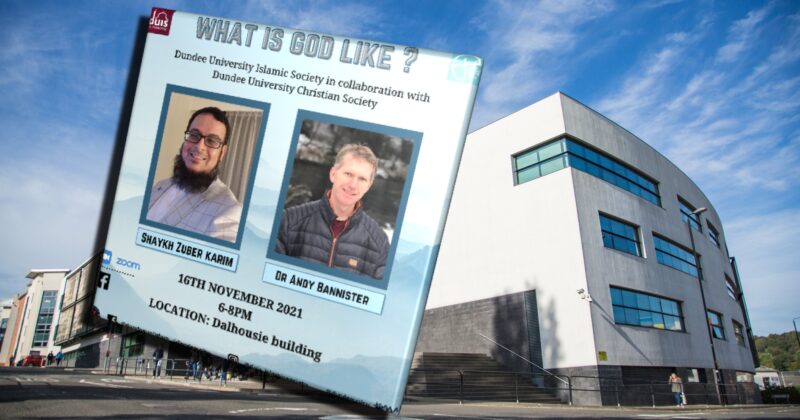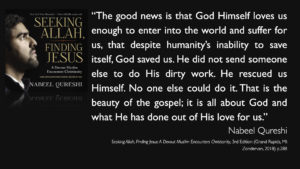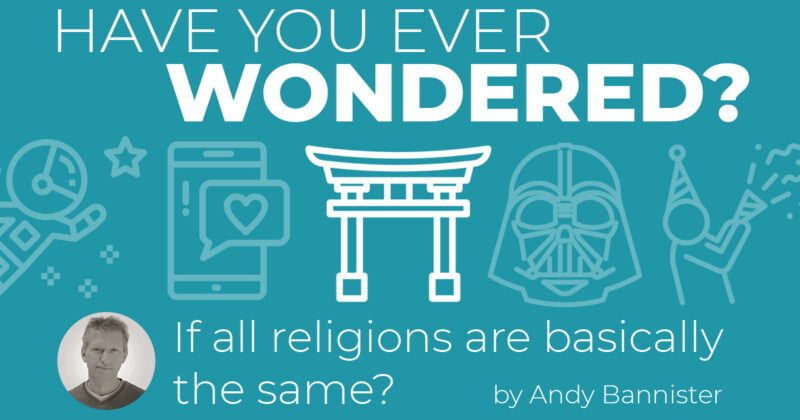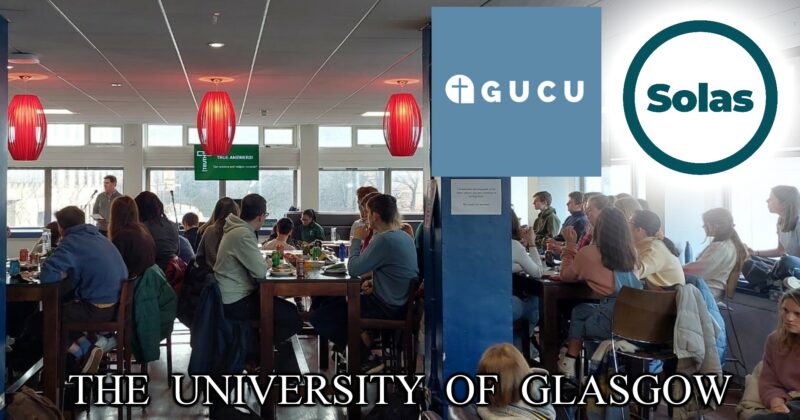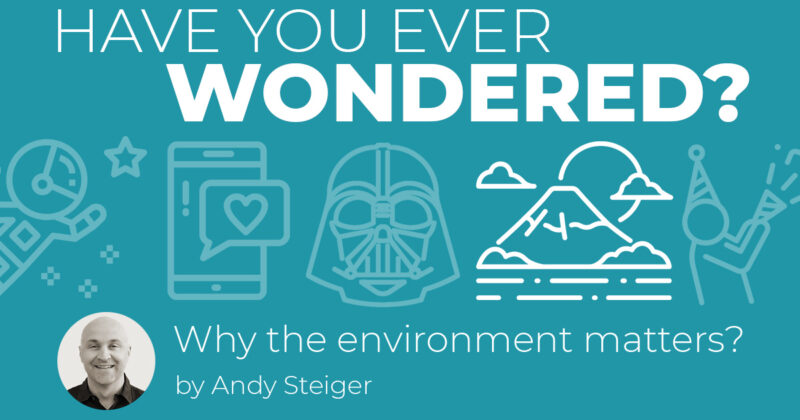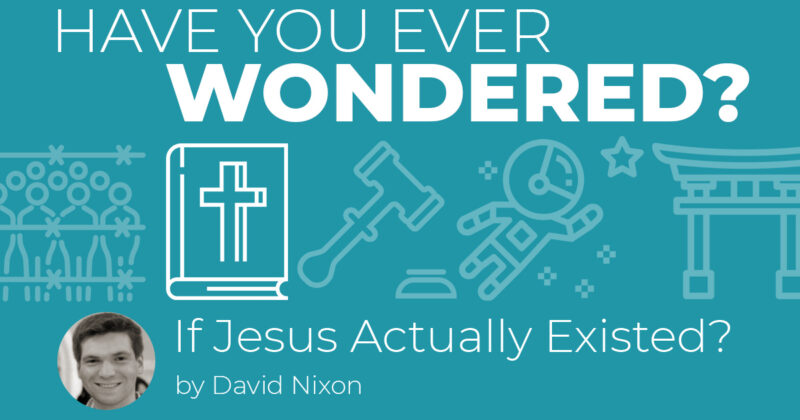Amnesty International, normally the darling of social media liberal chic, learned that even they are not immune from the censure of the Twitter censorati. In their case the collective outrage of so many smartphone sentinels and keyboard campaigners was focussed on a glossy cover they used for their magazine, in an effort to showcase the plight of refugees in the Mediterranean. The cover depicted a female model lying on top of a pile of life-jackets, her modesty barely covered by flotation devices. The marketing pitch behind this contradictory image was to highlight the disjunction between the coffee-table bourgeoisie and thousands of people risking life and limb on the high seas in an effort to find a home.
The subtlety was lost on the custodians of the virtual pitchfork, who quickly amassed themselves at the gate of the charity’s social media home, demanding blood. Amnesty’s responses were fairly swift and, at first, cautiously defensive of the nuance that their cover had sought to embody. When this was met with further denunciation and deprecation the embattled social media operative behind the account capitulated, offering an apology for any offence caused. The first response from the mob was a three word Tweet, helpfully hyphenated for indignant emphasis, ‘Shame-on-You’.
This is now the generally accepted underbelly of the ‘Sorry not sorry’ world of the social media fracas, and glib apology – terminal unforgiveness, perpetual hostility, and outright ungraciousness. Even when someone is not issuing a ‘my behaviour does not reveal my heart’ climb-down for some social atrocity which they purposely committed, even when an individual or an organisation owns the unintended consequences of their actions which have been taken in good faith, the Twitter mob will not be turned back. We are angry, we are vocal, and we are on your case – nothing can save you or your reputation now.
We have rebuilt the pillory for modern life, we have constructed the gallows, and we find few things more delightful than seeing others publicly shamed. This unforgiving, never-forgetting vortex is difficult enough for large organisations with PR staff to tack away from, but when individuals find themselves within its influence the effects are devastating and irreversible. A mistake, a badly phrased message, an embarrassing photo, our trampling of a cultural taboo, or our mispronunciation of the latest shibboleth can cost us our reputation, and even our occupation, in a matter of minutes. No plea is ever heard in the court of appeal, no conviction is ever quashed, no slate is ever wiped clean, no remission is ever granted.
Part of this is obviously a symptom of anonymous empowerment, the real-time role-play that social media facilitates. People who would struggle to ask for a pay rise in their job, or complain about mould on the soft fruit delivered by their local supermarket, are willing to demand the conscience, the obeisance, the self-renunciation of those whom they have never met.
There is, arguably, a deeper phenomenon behind all of this. We are masters at deflection, at self-righteous moralism, and projecting unworkable legalisms on to those for whom we have no esteem, and to whom we owe no accountability. Twitter can be a wonderful place, but it can also be a whitewashed tomb constructed brick by corrosive brick by its users. People are free to virtue signal, to look for business class seats on the band wagon, and to rush with the raging current of moral disapprobation without having to search their hearts, or address their own lives. Social media gives us a microscope through which to see the speck in the eyes of others, while blindsiding us to the plank that obscures our vision and skews our perspective. If we can rage against the machine, or vilify men, or spit venom at the media, if we can deplore another’s position, and explore another’s transgression in fine detail, then we are absolved from ever seeing ourselves, and by extension seeing the profundity of our own sin.
Christians might have more of a voice on these matters if we had not patented this model of social interaction long before the internet became part of our lives. For many the church has been the forum where they have realised their wish fulfilment of being antagonistic, of channeling their inner Pharisee, and reveling in a comparative ethic which always absolves them from self-scrutiny. Where fellowships have been a kind of proto-Twitter of unforgiving invective or insinuation, we must repent.
We can also counter the condemnation culture by modelling in the life of the church, and our own personal lives, the reality of forgiving because we have been forgiven much. We can confound the assumptions of the watching world that we as followers of Jesus are judgmental, by exposing the darkness of what true judgmentalism looks like through the revolutionary embodiment of grace in our lives and interactions. We will never turn the tide of Twitter by tutting in our tweets about liberal virtue signalling, but we may just see God turning hearts by their encounter with the grace community of the church, and grace carrying Christians. If we are emissaries from another kingdom then our calling card ought to be the reality of sinful hearts transformed and radical grace extended. Such counter-culturalism will undoubtedly garner hostility, but it might also provoke curiosity in the hearts and minds of people who live in the harsh predatory wilderness of modern online pharisaism.


